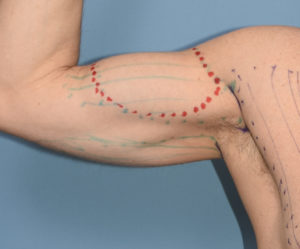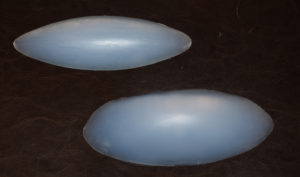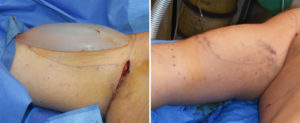Muscle enhancement of the body with implants has a far shorter surgical history than that of facial augmentation. Pectoral and calf implants are the most recognizable body implants to enhance muscular size and definition in men. But other body muscles can be synthetically augmented but because they are done in such few numbers, the public is largely unaware of them.
One type of body implant for upper extremity augmentation is that of bicep implants. Bicep implants are used for a variety of upper arm concerns such as aesthetic muscle enhancement or in the correction of congenital deformities such as Poland’s syndrome caused by underdevelopment or from muscle atrophy effects due to a bicep muscle tear or surgery. They have a very successful history of favorable patient outcomes with a low risk of complications. Here are five of the most important concepts to know about bicep implant surgery.
A Bicep Implant Is Not The Same As A Breast Implant. A breast implant is a two part medical device that has an outer silicone shell (bag) which contains either saline or a silicone gel. They have a limited span and will not last forever in any patient. One day the bag will develop a tear and the failed implant will need replaced. Conversely, bicep implants are made of a solid but very soft silicone material that can not fail, rupture or break apart. They are permanent medical devices from the perspective that they will never need to be replaced due to loss of implant integrity.

Bicep Implants Are Not Just For Body Builders. Many people have the misconception that a man gets bicep implants because they want to look like a body builder. While that may be true in some cases, it is actually not the most common reason. They are far more frequently used in men who can not adequately develop sufficient upper arm size through exercise or who have arm deficiences/asymmetries due to a congenital or developmental anomaly. In other words they are used for men who are seeking to look more normal and fit but not necessarily ‘supernormal’.


Dr. Barry Eppley
Indianapolis, Indiana


